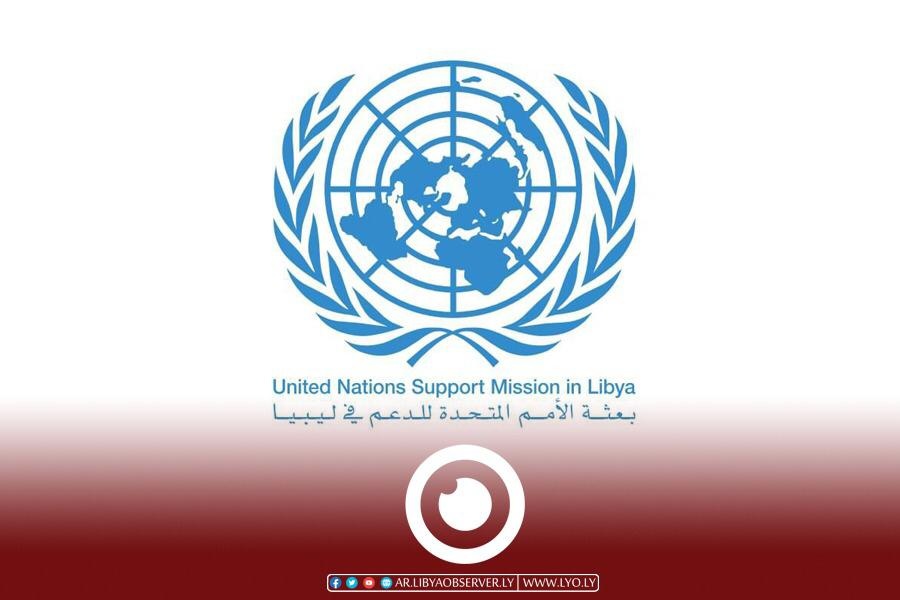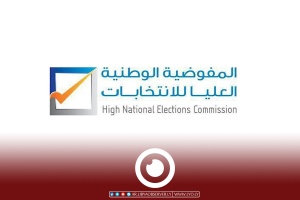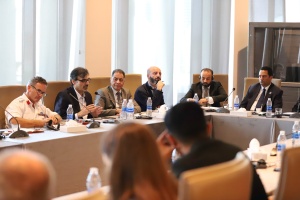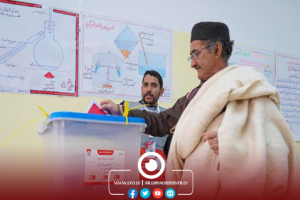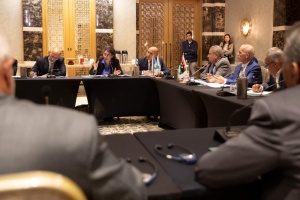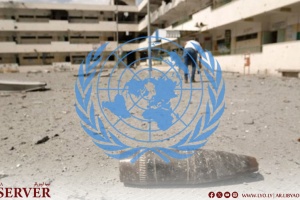The Deputy Head of the UN Mission and Resident Humanitarian Coordinator, Georgette Gagnon, said that supporting municipal elections represented a crucial part of the democracy process, stressing that it was the only way to choose the legitimate representatives of the Libyan people.
Commenting on the Electoral Commissioner’s launching of the voter registration process for the upcoming municipal council elections in 60 municipalities, Gagnon expressed her hope that all civilians would be able to participate in the elections so that Libyans would be able to elect those who represent them on a regular basis through transparent and credible voting processes.
Gagnon called on Libyan institutions to provide full support for the implementation of this process, noting the need for them to carry out their assigned roles and legal duties by supporting the Elections Commission, and provide the necessary security arrangements and funding. She also urged civil society organizations to play an effective role in participating and monitoring the electoral process to ensure its integrity.
Meanwhile, a brief statement by the UN mission welcomed the launching of the voter registration process and encouraged all eligible Libyans, including women and youth, to register to exercise their right to elect the future leaders of their municipalities.
On Sunday, The High National Elections Commission (HNEC) announced the start of elections for the “First Group” of 60 municipal councils, as the voter registration is scheduled to begin over a period of 15 days, starting Sunday as well.
A statement issued by the HNEC explained that these municipalities are distributed across various regions of the country and are among the 106 municipal councils targeted in this elections, indicating that registration in the municipal council elections is a completely new process and is based on residence in the municipality in which the voters will cast their ballots.
Acceptance of registration applications through the voter registration system using text messages (SMS) or the centers of committees accepting registration applications is limited to applications submitted by citizens residing in the targeted municipalities (the first group), according to the HNEC's statement.

